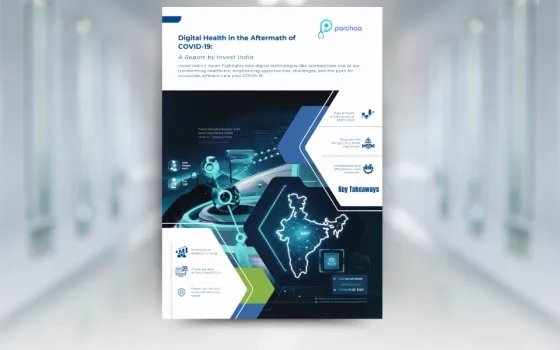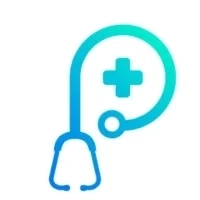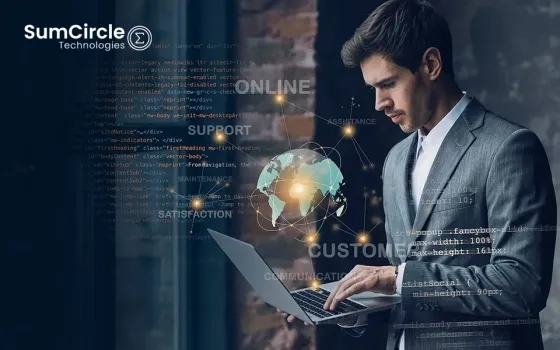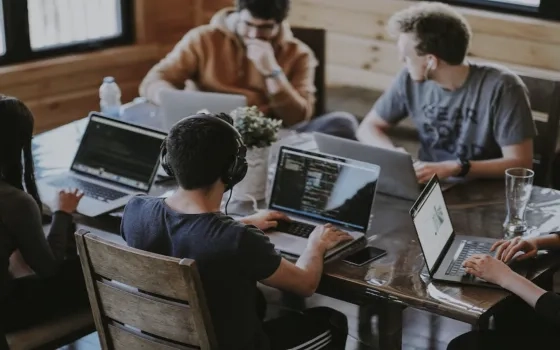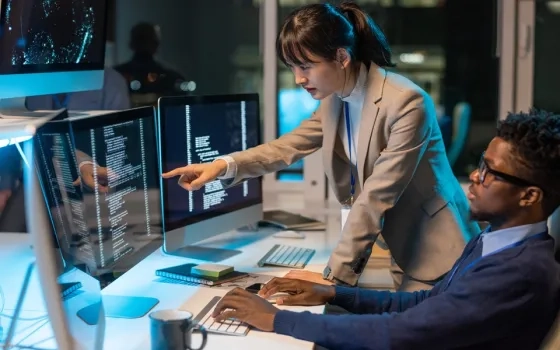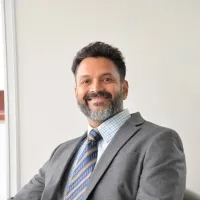COVID19 is being reckoned ‘the great leveler’ of our times. One thing is certain – the virus has made us critically introspect multiple aspects of society, community and economy building. Being a leader in digital transformation technologies and having established a firm foothold as a technology hub has given India a bigger fillip than most countries in managing and controlling the spread of the disease. In the 45 days, we have seen a significant increase in the usage of GPS-based contact tracing, AI-based screening of chest X-rays, 3D Printed Personal Protection Equipment and Ventilator Components, Robotic fogging of infected wards and thermal imaging to detect potentially suspected cases of COVID19. Every emerging technology is put to use. While deployment of these technologies has been scattered, the response towards greater technology adoption has been more than reassuring.
COVID19 could very well be that seminal moment in Indian healthcare to pivot for the better.
Experts believe COVID19 could have expedited the adoption of telemedicine in a more expansive and inclusive manner, and urged healthcare experts to seriously consider tech-enabled healthcare solutions to alleviate the burden on the healthcare industry on the frontlines and during widespread crises like pandemics. The need of the hour is consolidation of these efforts and ensure a common approach to deliver tech-driven healthcare solutions to every pillar of India’s healthcare ecosystem.
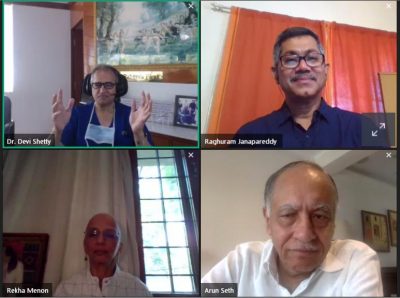
(Clockwise: Dr. Devi Shetty, Founder & Chairman, Narayana Health; Raghuram Janapareddy, Director of Lifesciences & Healthcare, NASSCOM CoE; Arun Seth, Former Chairman of NASSCOM; Rekha Menon, Vice Chairperson of NASSCOM and Chairman & Senior Managing Director, Accenture in India)
NASSCOM Center of Excellence IoT & AI’s flagship healthcare initiative LHIF along with NASSCOM Product Council conducted a 2-hour HealthTech Webinar ‘Combating COVID19 Through Technology –The UN-Conference Way’, which saw a gamut of experts in healthcare and technology come together to elucidate the importance of technology to combat COVID19 and essentially help navigate towards a new world order, where health and technology will share a deeply symbiotic relationship.
‘Healthcare Systems Under Duress Can Benefit From Technology Now More Than Ever Before’ – Rekha Menon, Vice Chairperson, NASSCOM; Chairman & Senior Managing Director, Accenture In India
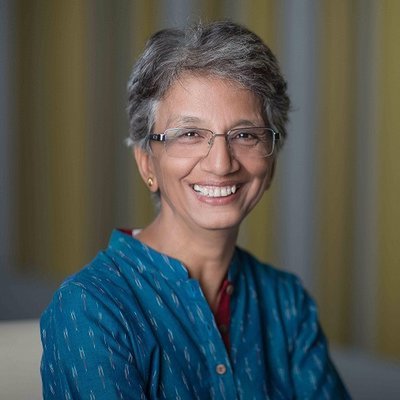
The session was inaugurated by Rekha Menon, Vice Chairperson of NASSCOM and Chairman & Senior Managing Director, Accenture in India. Setting the context to the Webinar, she stated that “The entire healthcare system is being pressure-tested today. The critical role of technology in bolstering this system has never been more apparent. Technology can be used for a range of purposes such as developing smart low-cost devices, platforms for remote consultations, monitoring health wearables, democratizing diagnostics, enabling policy development, and engineering ecosystems to calibrate collective efforts of government.”
‘Develop Products Beyond Scope of COVID19, Develop Solutions In Line With Doctors’ Expectations & Identify Hospitals For Greater Collaboration Potential’ – Dr. Devi Shetty, Chairman & Founder, Narayana Health
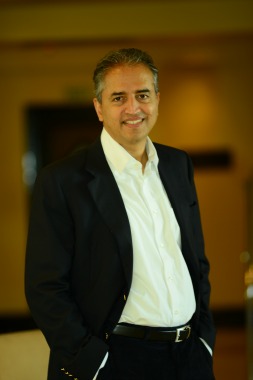
The opening keynote was delivered by Dr. Devi Shetty, Chairman & Founder, Narayana Health. He spoke extensively on the need for frugal innovation in healthcare. “Here’s my advice for entrepreneurs – if you’re developing a product, its scope has to extend beyond COVID19 and have a market potential well after the pandemic ends. Identify hospitals, preferably a major chain, as your partner as they will help you scale. They will also have some skin in the game. COVID19 caught us unaware, but next time, we will be more prepared”
Here are some recommendations made by Dr. Shetty for healthcare entrepreneurs:
- Remote Monitoring of ICU patients: Technology can play a critical role in remote monitoring of patients and healthcare entrepreneurs can develop tech capabilities that enable remote monitoring of ICU parameters.
- Develop EMR models based on physician inputs: EMR systems need to be developed in conjunction with doctors and focus on solutions that are touch-based (not keyboard-oriented as doctors find them cumbersome), with intuitive UI and controls, and with a pay-per-use model for greater adoption at scale.
- Develop smart cardiac monitors: Preferably priced between Rs. 2 lakhs to Rs. 8 lakhs, and with computing capabilities and enhanced interconnectivity for sharing between multiple patients at the fraction of the current costs.
- AI and NLP-guided app for easier communication: Generally, ICUs are manned by nurses who hail from remote parts of the country and face challenges in communicating in English or even Hindi. An app with basic FAQs in multiple languages can greatly help limit gaps in communication and promote efficacy of staff.
- Cost-efficient RFID or barcode system, with backend software to manage the use and distribution of medical systems and supplies.
- Enhanced cooperation with local health administrators on digital health technology measures for widespread scale and adoption. Every state is different, and it is more efficient to develop independent healthcare policies and implementation models for granular impact. Barring major national healthcare policies, every state should strive to build its own model of healthcare management with technology
‘Teleconsultation Too Has Limitations. Now Is The Time To Focus on Digital Therapeutics’ – Abhishek Shah, Cofounder, WellThy Therapeutics
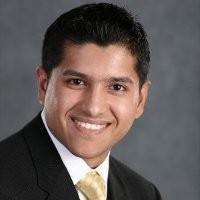
After Dr. Devi Shetty made his remarks on frugal innovation methods, Abhishek Shah of WellThy Therapeutics made the case for digital therapeutics in India now. By enabling every Indian with the power to manage his own health and limit chronic disease occurrence through clinically validated behavioural interventions, digital therapeutics can be a game changer for Indian healthcare. With over a billion people and limited resources, it is upon each one of us to manage our health. Shah brought out how individual responsibility towards one’s health has never been higher than it is today thanks to COVID19.
‘Technologies like GIS Can Greatly Help Manage Pandemics Like COVID19’ – Agendra Kumar, President, Esri India Technologies
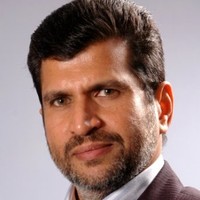
India was leading what was being called the world’s largest lockdown. With limited turnaround time and a massive population to manage, law enforcement authorities across the nation had a Herculean task ahead of them. Be it tracking infected passengers at airports, or movements of patients in hospitals and those under quarantine, military-style surveillance was required. Agendra Kumar of Esri India spoke at length of the utility of technologies like GIS, which played a critical role in providing patient data, and helped in tracking, tracing and controlling the spread of infection. GIS has been successful in managing health crises like Ebola, SARS and malaria outbreaks by providing crucial data to government and law enforcement authorities, and enabling them to make quick decisions.
‘India Needs To Take The Reigns As A Leading Medtech Innovator, Especially For Low-Resource Settings’ – Nitesh Jangir, Cofounder, Coeo Labs
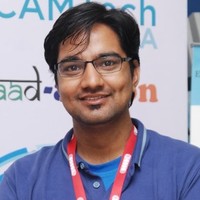
Nitesh Jangir, Director of Coeo Labs took the opportunity to elaborate on India’s high potential as a medtech innovator. His company’s product VAPCare, a highly useful device in ICUs, limits the chances of Ventilator Associated Pneumonia (VAP) by deploying AI and sensor-based secretion management systems from oral, oropharyngeal and subglottic regions. With critical COVID19 patients being reported to develop lung complications and provided breathing assistance through ventilators, this kind of device can help manage several critical care patients and provide insights to doctors continuously, enabling effective monitoring protocols. Moreover, such devices should be administered in low-resource settings like rural areas and then scaled accordingly. This is the perfect time for healthcare and product developers to collaborate actively. An interdisciplinary approach is crucial for successful outcomes. Jangir also stressed on working with government bodies for greater deployment.
‘Now Is The Time To Hit The Reset Button On Healthcare, And Reorient The Way We Approach Problem Solving’ – Dr. Aravind Kasargod, Group Medical Director, Cloudnine Group of Hospitals
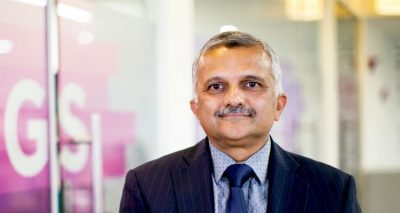
Dr Aravind Kasargod is not only a clinician, but a huge enabler and supporter of technology in healthcare. He works with a range of healthcare startups to build product strategy and deployment methodologies in line with hospital protocols. He emphasized on the need for a change in mindset in order to beat COVID19. Technology has to suit and strengthen existing processes, without which true innovation cannot happen, he says. The pandemic has brought healthcare systems to their knees world over but it is already bringing down boundaries between private and public healthcare providers. Atleast in India, public hospitals have become the face of the battle, and this is when they need an infusion of technology-enabled healthcare solutions to manage more patients and deliver better quality of care. Thanks to COVID19, telemedicine is seeing a surge in adoption – and during this time, guidelines were also expedited for greater adoption. This pace in adoption and advocacy of critical care methods like telemedicine should continue even in ‘peace time’ so that we are better prepared for another pandemic like this, he added. Technologies like cloud computing and AI are at the centre of technology in healthcare, and efforts should be made to fortify their development in the times to come.
‘We rely on Healthcare Experts to spell out on-the-ground & practical Healthcare Challenges in greater detail, so that the innovators can come out with more comprehensive solutions’ – Raghuram Janapareddy, Director of Lifesciences & Healthcare, NASSCOM CoE
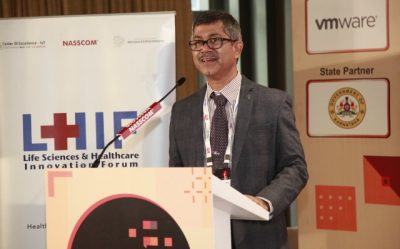
Raghuram, who moderated the two-hour long session, emphasized on the importance of a platform like LHIF, which is all about building a collaborative ecosystem for healthcare innovation. “The UNConference format has given us a great opportunity to discover breadth and depth of opportunities for the HealthTech Entrepreneurship. NASSCOM Healthcare Grand Challenge, being planned in the near future, will definitely consider the expert guidance of practitioners like Dr. Devi Shetty and Dr.Arvind Kasaragod in defining the use-cases.”
For more details about the NASSCOM Grand Healthcare Challenge, write to lhif@nasscom.in













